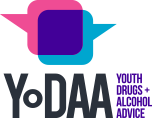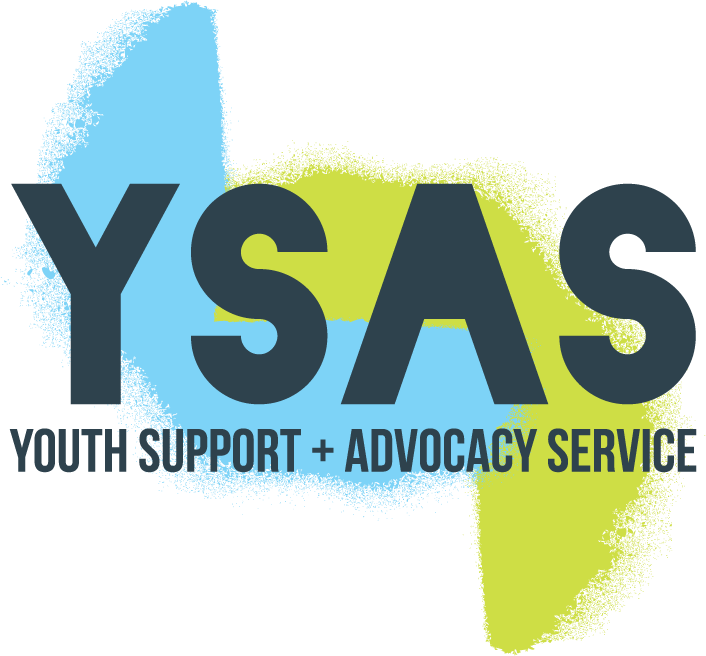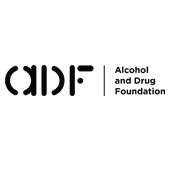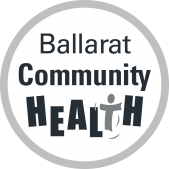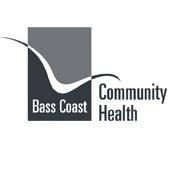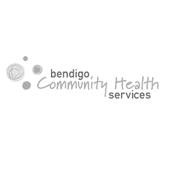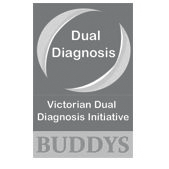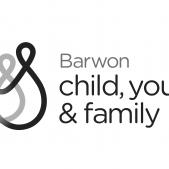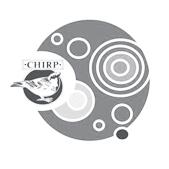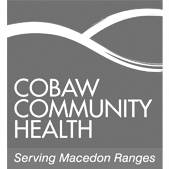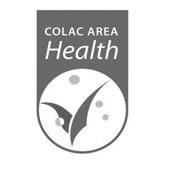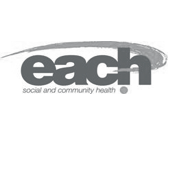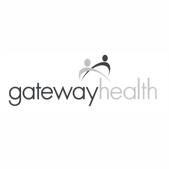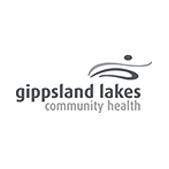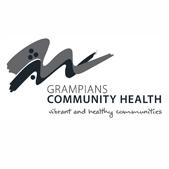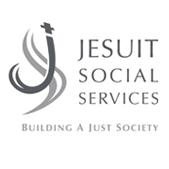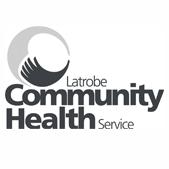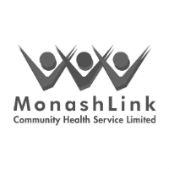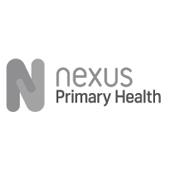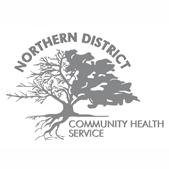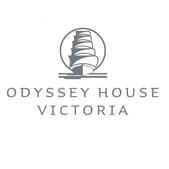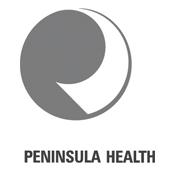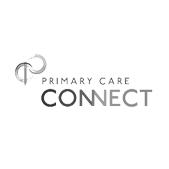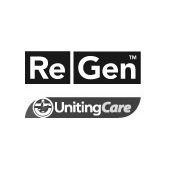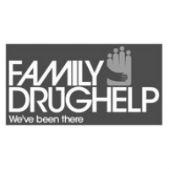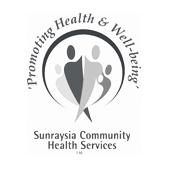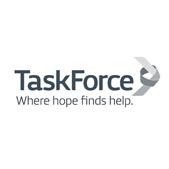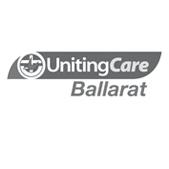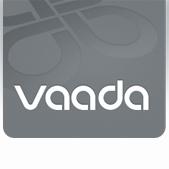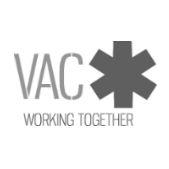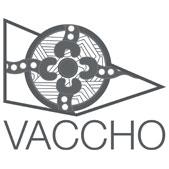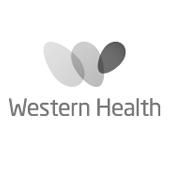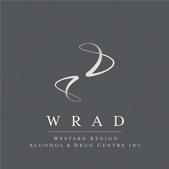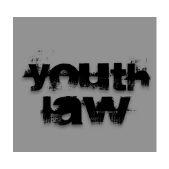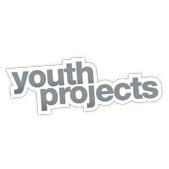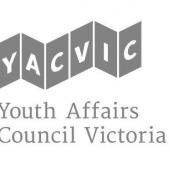Practice
Public or Private Detox and Rehabilitation?

YoDAA has long held the position that anyone who genuinely cares about a young person and is willing to get to know and sit beside them can make an impact on a young person’s AOD use. But what if that person is a self-proclaimed AOD expert paid for by the young person’s family?
In the 2 years since YoDAA went live, we have been contacted by more than 3500 people worried about a young person’s drug use.
Many of our callers are family members who are worried and stressed, for some of them YoDAA is the first call they make on learning that a young person is using drugs.
For many parents or carers, they stumble across YoDAA after a series of knock backs from stretched services that are simply unable to provide immediate treatment.‘My son needs help…TODAY! Can’t you just get him in somewhere?’ ‘My daughter is ready to act now, we need to strike while the iron’s hot.’ Are perhaps the most common enquiries that YoDAA receives.
As the overburdened public sector struggles to respond to families urgent need, it is not surprising then to see individuals and communities taking matters into their own handsThere has been a recent rise in private providers operating outside established organisations with differing levels of training and experience. They often promise to plug the gaps in the system – for a substantive fee.
Whether it’s an elderly couple providing rehabilitation in their farmhouse or individuals with a history of substance use offering their story as a cautionary tale to school groups or a community organisation that has raised funds to build their own detox, YoDAA is seeing a spike in both requests for such services and those willing to provide them.
The challenge and the opportunity
Community responses have a lot to offer young people and their families at such a vulnerable time and is the cornerstone of our society’s empathic caring for each other. At the same time, long wait lists and desperate families create the ideal marketplace for the unscrupulous AOD entrepreneur.
There’s no monopoly on Practice Wisdom
Though viewed with suspicion from some within the youth AOD sector and the public, support for young people with AOD use by untrained community members predates any form of professional support and indeed the Youth AOD sector itself. Many current youth AOD workers were inducted into the sector through personal concern for a young person in their life.
Reflections on these early experiences, whilst revealing a high level of dedication and transformation also potentially expose both young people and those supporting them to a high level of risk.
As the Victorian youth AOD sector moves towards a more consistent, co-ordinated and evidence based response to young people’s substance use, what can we learn from these operators and what might we teach them?
Some considerations when working alongside private operators
The YoDAA team has been contacted for information and advice by a wide range of individuals and services working outside the formal AOD sector.
Some fill us with awe whilst others with fear! Here are some considerations that have been helpful in guiding our conversations and recommendations.
- Ask about their qualifications and experience. Do their staff have current Working with Children Checks, Police checks and membership with professional organisations such as APRHA or AASW?
- Ask about their approach to substance use. What are the theories and frameworks that underpin their work and what is the likely impact they may have on a young person’s development? Do these theories fit for you and/or the young person?
- What is the evidence basis for the work? The Youth AOD toolbox outlines evidence based best practice for Youth Drug and Alcohol workers.
- Do they have sense of their scope of practice? What is within scope and what is outside of it?
- When a situation is outside of their scope are they working with other professionals and do they refer on?
- What are the potential risks involved and what processes are in place if something goes wrong?
- If a fee is involved, is there a trial period and is the fee partially covered by private health insurance? What if the young person leaves before the end of the program/treatment period?
Other helpfull links and resources
If you’ve found out that a young person is using drugs there are so many ways that you can support them, communicating your concerns is the first step! If you’re a parent or carer it might be worth getting some tips on how you can talk to a person about their drug use for the first time.
YoDAA's video How can I get a young person I care about into detox or rehab? has some great information that might help you in accessing the right support.
The vast majority of AOD services in Victoria are evidence based if you would like to learn more about them please contact us at advice@yodaa.org.au
